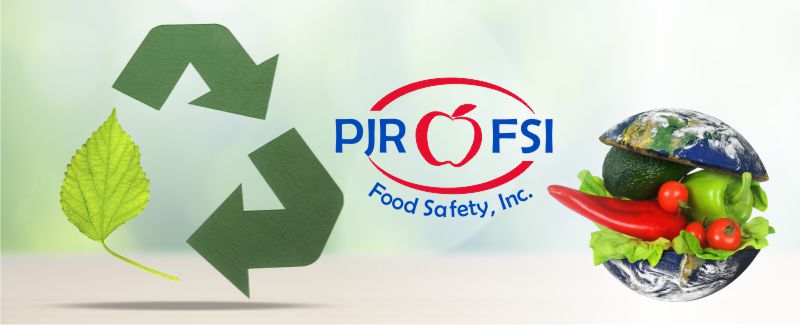 The challenge of food waste in the United States presents a critical opportunity for the food industry to lead in sustainability efforts. With the United States Department of Agriculture (USDA) reporting substantial amounts of food going to waste, the impact extends beyond just the loss of food – it signifies a considerable waste of resources and contributes significantly to greenhouse gas emissions.
The challenge of food waste in the United States presents a critical opportunity for the food industry to lead in sustainability efforts. With the United States Department of Agriculture (USDA) reporting substantial amounts of food going to waste, the impact extends beyond just the loss of food – it signifies a considerable waste of resources and contributes significantly to greenhouse gas emissions.
Recycling food waste is essential in addressing this issue. It allows for the transformation of what would be waste into valuable resources, such as compost that enriches soil and biogas that can serve as renewable energy. This approach not only helps mitigate the environmental impact but also supports a more circular economy, where waste is minimized, and resources are reused efficiently.
For businesses in the food industry, adopting recycling practices offers numerous benefits. It can lead to operational efficiencies, cost savings in waste disposal, and an enhanced reputation among consumers increasingly concerned about sustainability. Technologies and innovative strategies are key to effective waste management, enabling businesses to reduce their environmental footprint while also achieving economic gains.
The push towards food waste recycling in the U.S. requires a collective effort from the entire food industry. From regulatory frameworks encouraging sustainable practices to businesses adopting innovative recycling solutions, the path to sustainability is multifaceted. Success stories across the industry underscore the potential for recycling to not only contribute to environmental sustainability but also to offer a competitive advantage. For more information, reach out to PJRFSI today at [email protected].
Leave a Reply
You must be logged in to post a comment.